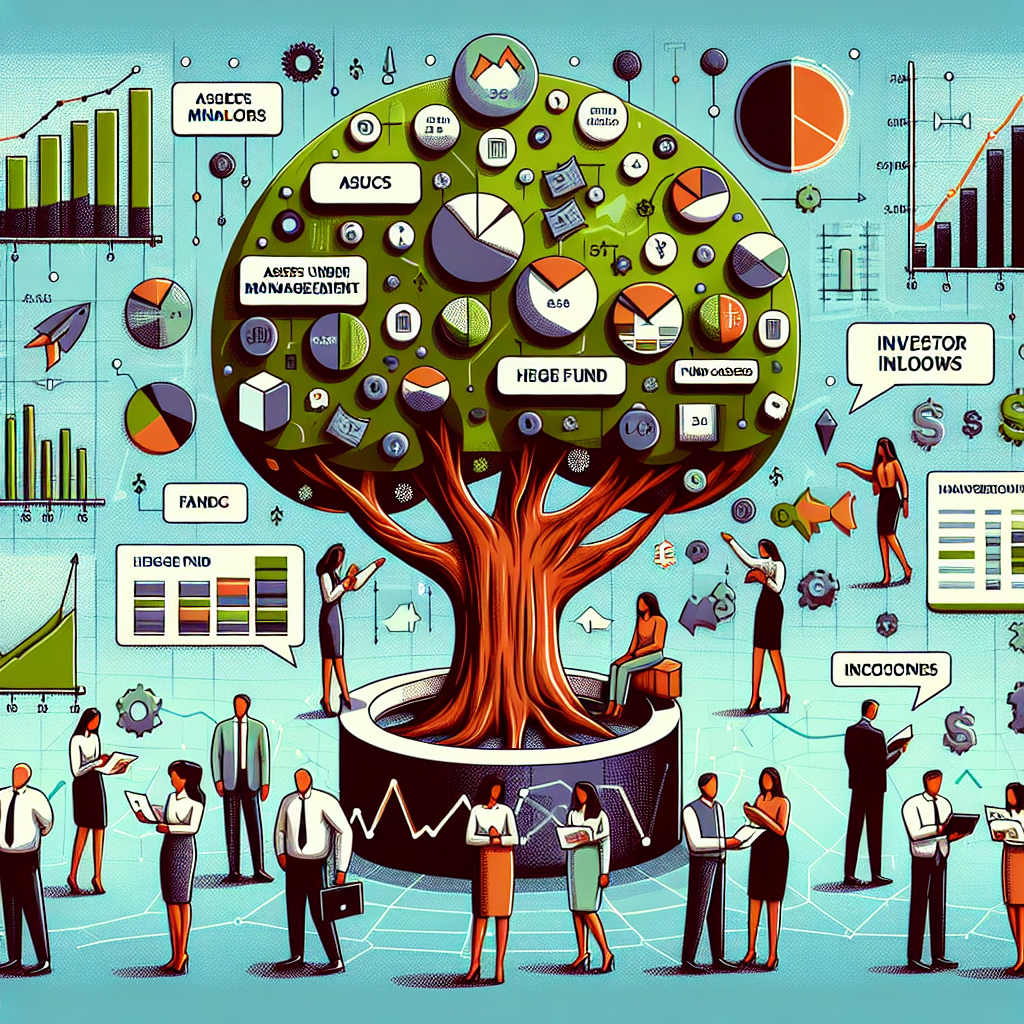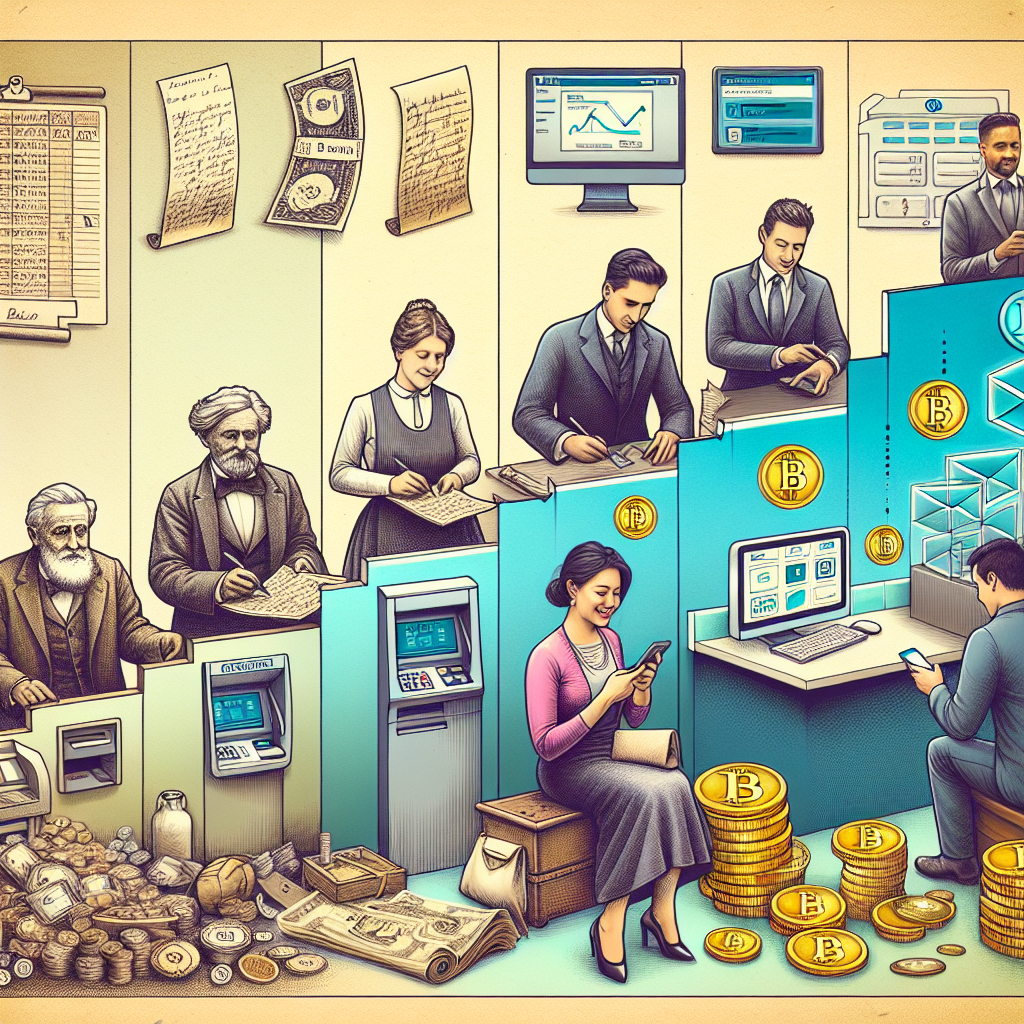Global Economic Trends Analysis
Introduction
As the world becomes more interconnected, global economic trends have a significant impact on countries, businesses, and individuals. Understanding these trends is crucial for making informed decisions in a rapidly changing economic landscape.
Current Global Economic Trends
Rise of Emerging Markets
Emerging markets such as China, India, and Brazil have seen rapid economic growth in recent years. These countries are becoming major players in the global economy, attracting investment and driving innovation.
Technology Disruption
Advancements in technology, such as artificial intelligence, automation, and blockchain, are reshaping industries and creating new opportunities for growth. Companies that embrace these technologies are likely to thrive in the digital economy.
Trade Wars and Protectionism
The rise of protectionist policies, trade wars, and geopolitical tensions have created uncertainty in global trade. This has led to disruptions in supply chains and increased costs for businesses operating in international markets.
Impact on Businesses
Opportunities for Expansion
Emerging markets offer new opportunities for businesses to expand their operations and reach a larger customer base. Companies that can adapt to the unique challenges of these markets are well-positioned for growth.
Risk Management
Global economic trends can create risks for businesses, such as currency fluctuations, political instability, and supply chain disruptions. It is important for companies to have robust risk management strategies in place to mitigate these risks.
Conclusion
Global economic trends play a crucial role in shaping the future of businesses and economies around the world. By staying informed and adapting to these trends, businesses can position themselves for success in a rapidly changing global economy.


